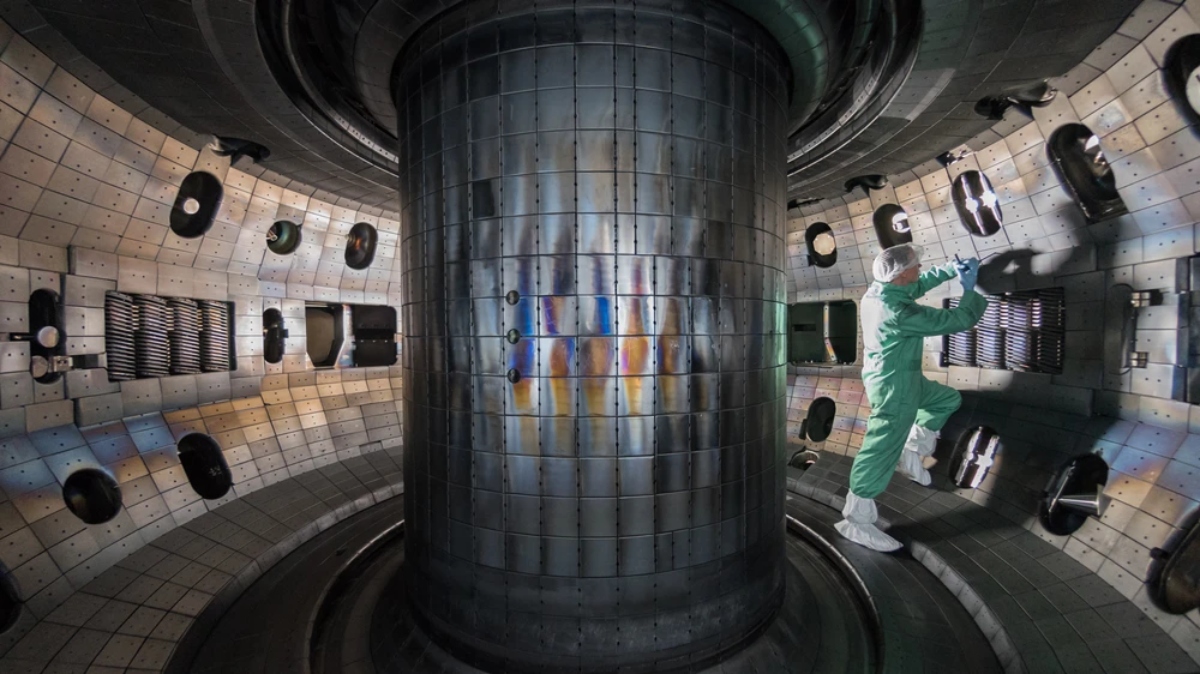Babies usually can’t stand having a wet diaper and immediately use their cries to demand a change as soon as possible. However, there are others who are not even bothered by this and do not complain about it. But, parents know very well that no matter if the baby is uncomfortable or not, wet diapers should be changed in the shortest possible time. If not, this could cause some very painful skin problems for the child.
It is with this in mind that a team of engineers and researchers at the Massachusetts Institute of Technology (MIT) in the United States has developed smart diapers.
These have an integrated small moisture sensor whose function is to alert caregivers when the diaper needs to be changed. Thus, when the sensor detects humidity, it sends a signal to a nearby receiver. This, in turn sends a notification to a smartphone or computer. Don’t you think it’s incredible?
This is how the smart diapers that would take more than one worry away from you work
The sensor in the smart diapers has a radio frequency identification (RFID) tag. This is placed under a layer of highly absorbent polymer, i.e., a type of hydrogel commonly found in diapers to absorb moisture.
Then, when the hydrogel is wet, the material expands and becomes slightly conductive, enough to activate the RFID tag. Immediately, the radio signal to an RFID reader located at a distance of up to 1 meter is activated.
So far, what the inventors of the smart diapers claim is that this development is the first demonstration of hydrogel as a functional antenna element for moisture sensing in diapers using RFID.
But, best of all, according to their calculations the cost of manufacturing the sensor will be less than 2 cents on the dollar. This is a determining factor when defining the final price of the product, which in this case would be a cheaper alternative compared to other diaper options.
All in all, smart diapers would be a very good option in the future, for example, for neonatal units in hospitals whose nurses have to care for several babies at the same time. In addition, they may be able to help identify some health problems, such as constipation or incontinence.
You can also read: Houses of the future will have smart walls




